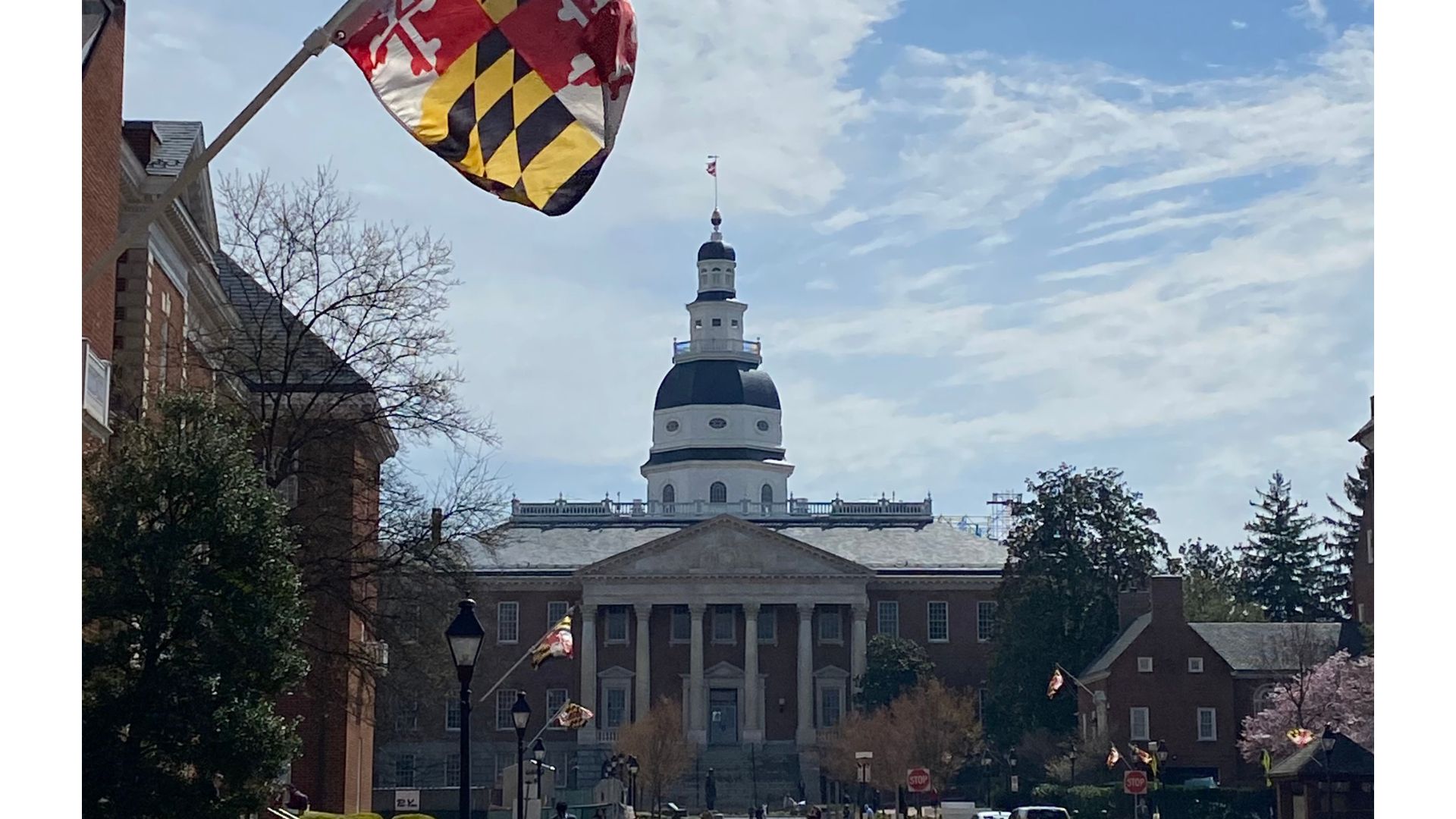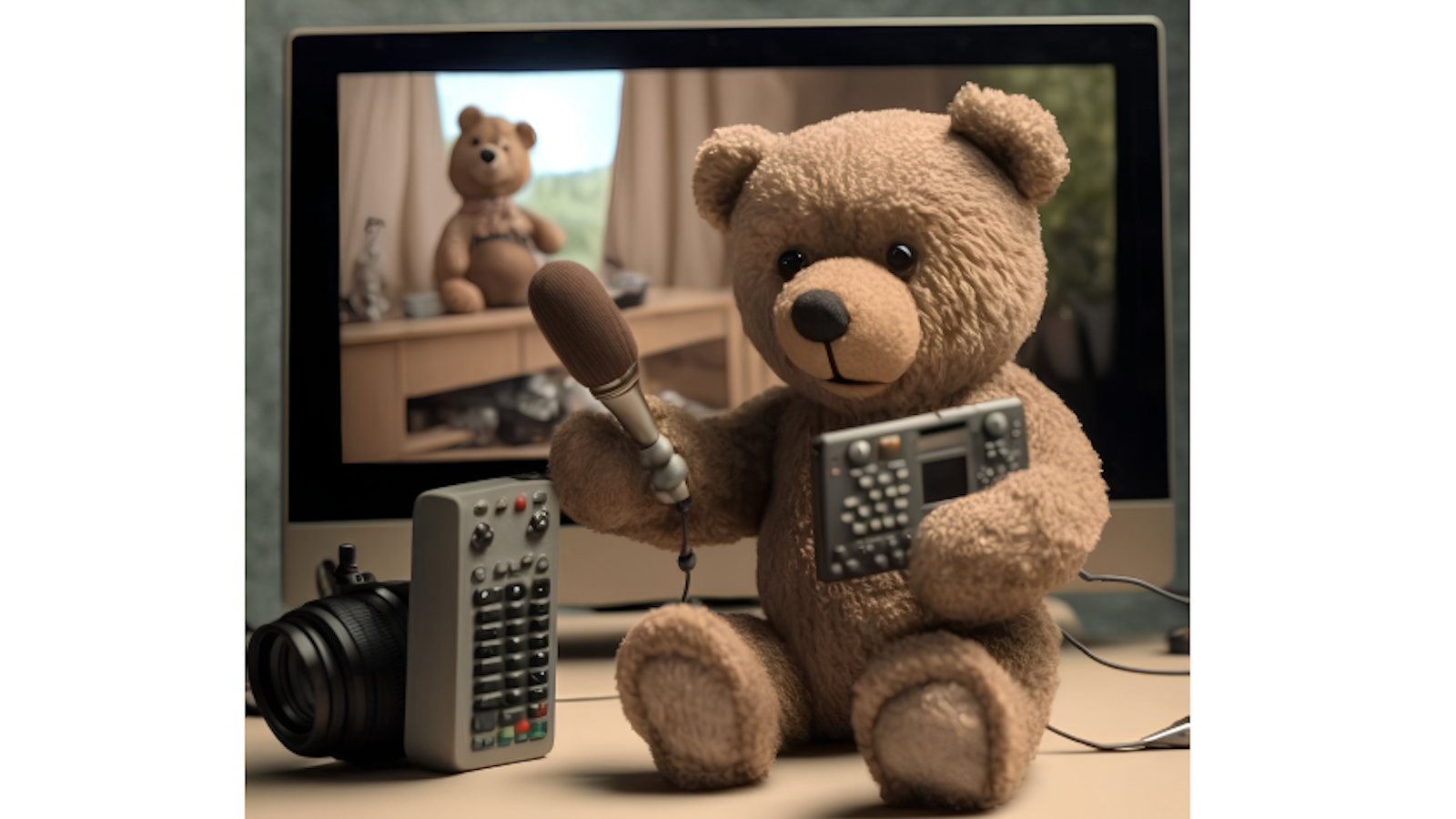
Baby’s Toxic Bottle
Bisphenol-A Leaching from Popular Baby Bottles
Bisphenol A, a hormone-disrupting chemical that is the building block of polycarbonate plastic, has been found to leach out of six major brands of popular baby bottles sold in the United States and Canada.
Downloads
Bisphenol A, a hormone-disrupting chemical that is the building block of polycarbonate plastic, has been found to leach out of six major brands of popular baby bottles sold in the United States and Canada. Baby’s Toxic Bottle: Bisphenol A Leaching from Popular Brands of Baby Bottles, commissioned by a coalition of U.S. and Canadian environmental health organizations, tested plastic baby bottles in the U.S. and Canada, including products made by Avent, Disney/The First Years, Dr. Brown’s, Evenflo, Gerber, and Playtex, for leaching of bisphenol A. The U.S. bottles were purchased in nine states at major retailers: Babies”R”Us, CVS, Target, Toys”R”Us, Walgreens, and Wal-Mart. Tests found these popular bottle brands leach levels of bisphenol A (5-8 parts per billion) when heated. Laboratory experiments with animals show that exposure to this level of bisphenol A causes a range of adverse effects.
Bisphenol A, first synthesized in 1895, was discovered in 1936 to be a synthetic estrogen. The chemical is now utilized in hard, polycarbonateplastics, as well as the epoxy resins used in the linings of some food and beverage containers, dental sealants and numerous other consumer products. Bisphenol A is a developmental, neural, and reproductive toxicant that mimics estrogen and can interfere with healthy growth and body function. Animal studies demonstrate that the chemical causes damage to reproductive, neurological and immune systems during critical stages of development, such as infancy and in the womb. The levels sufficient to cause harm in animals are beneath the average levels reported in people living throughout the developed world2. Many scientists now suggest similar damage may be occurring in the human population.
The objectives of this report are to a) determine whether bisphenol A leaches at measurable levels from baby bottles widely available in the United States and Canada; b) add to the growing body of knowledge highlighting the extent to which humans are exposed to bisphenol A; c) identify a responsible and precautionary legislative approach to managing bisphenol A and other harmful chemicals, and d) help parents decrease their children’s exposure to bisphenol A.
The test results of our study indicate that the United States’ current lack of regulation of bisphenol A exposes infants and children to potentially dangerous levels of this unnecessary toxic chemical. Our study confirms the findings of the 2007 Environment California study that tested Avent, Dr. Brown’s, Evenflo, Gerber and Playtex baby bottles. All five brands of the popular polycarbonate bottles tested in Environment California’s study leached bisphenol A the range of 5–10 ppb.3 This report is the first dual-nation study to measure BPA leaching from baby bottles purchased from U.S. and Canadian retailers.
Topics
Find Out More


5 steps you can take to protect your privacy now

Fixed for the Holidays

